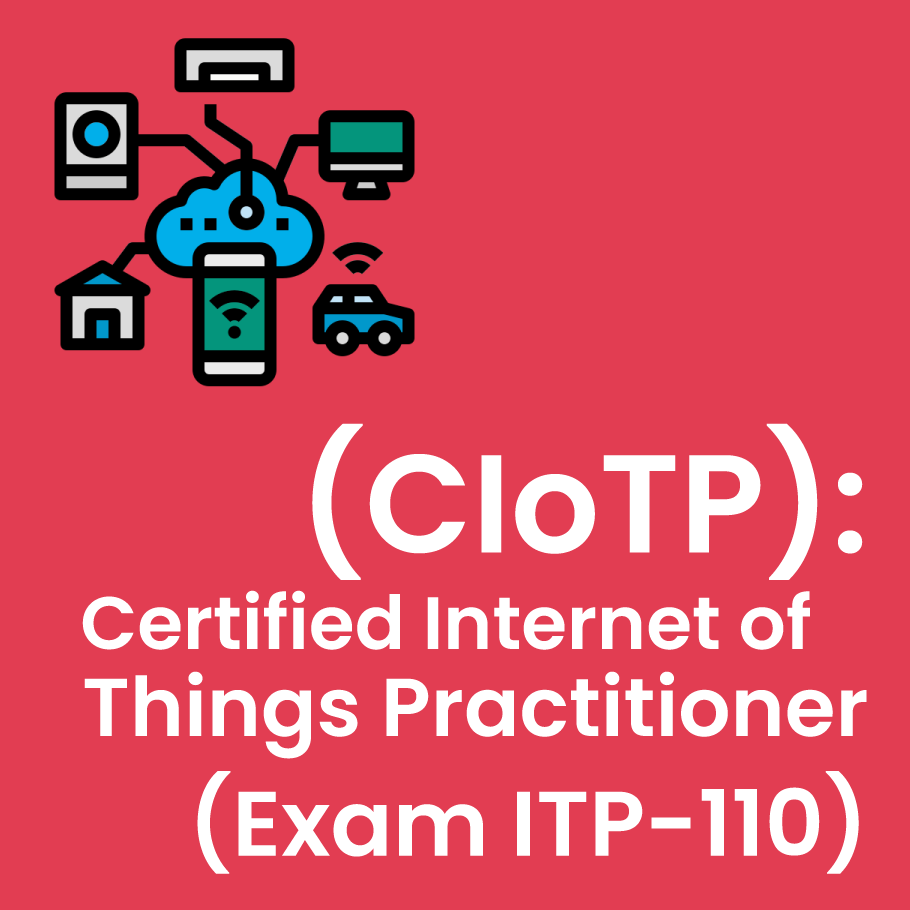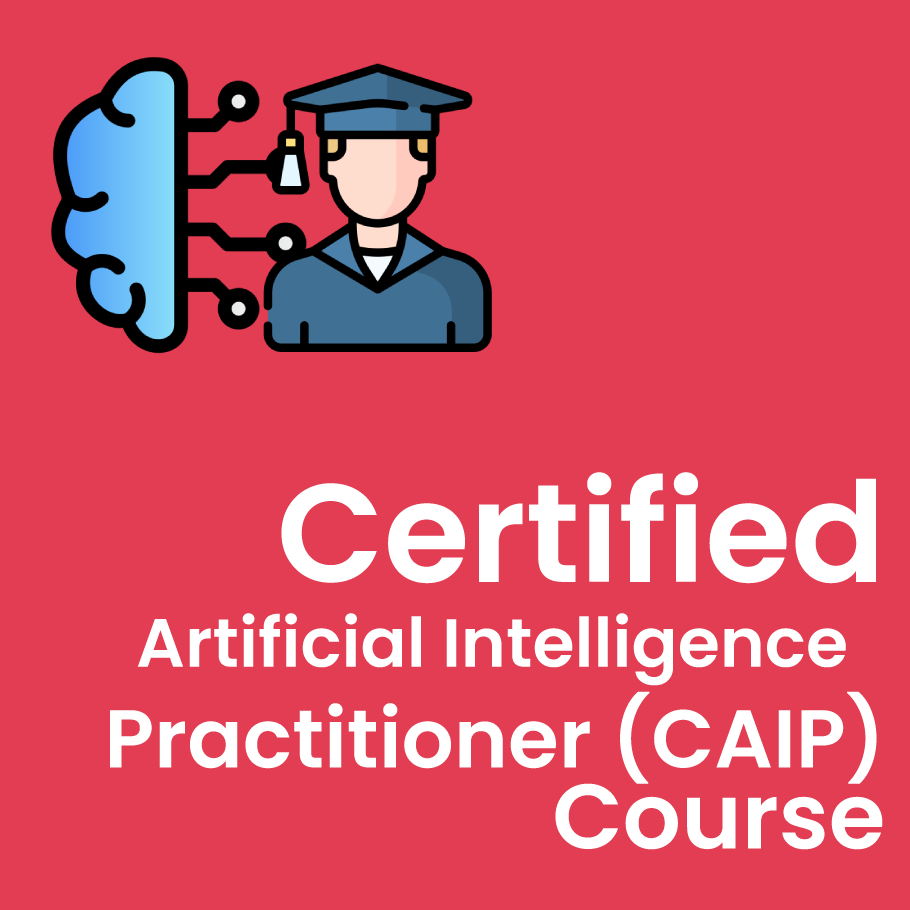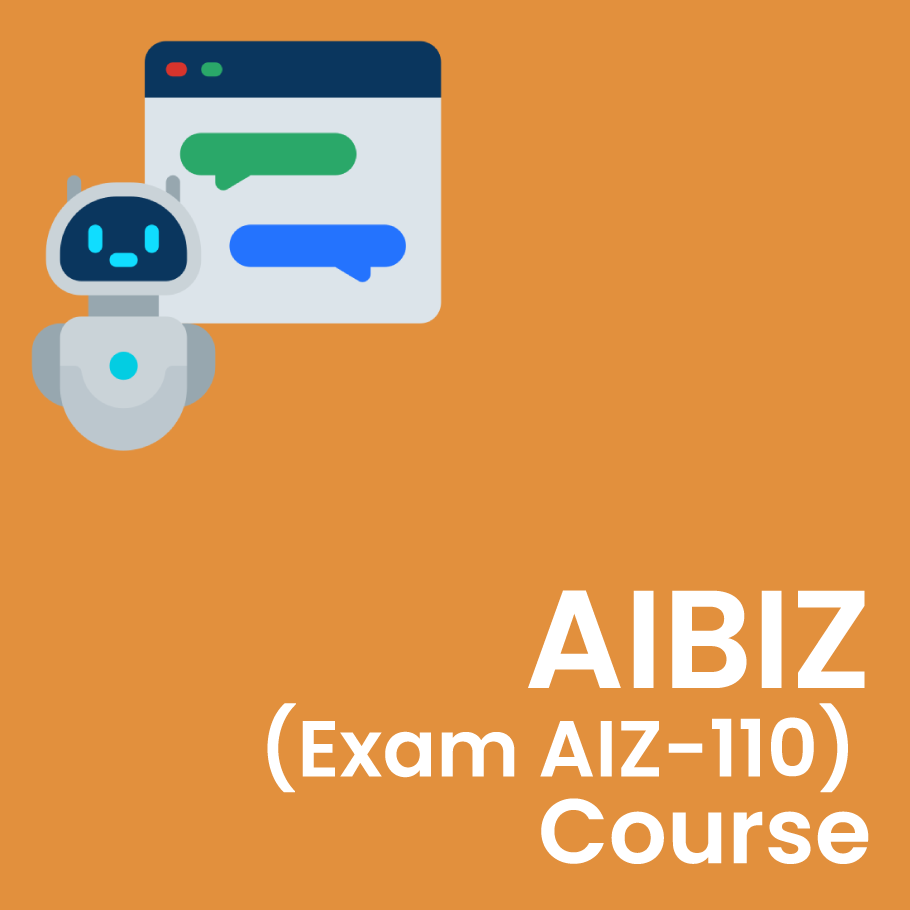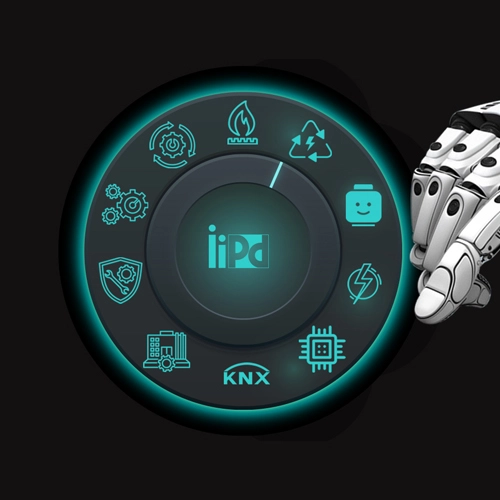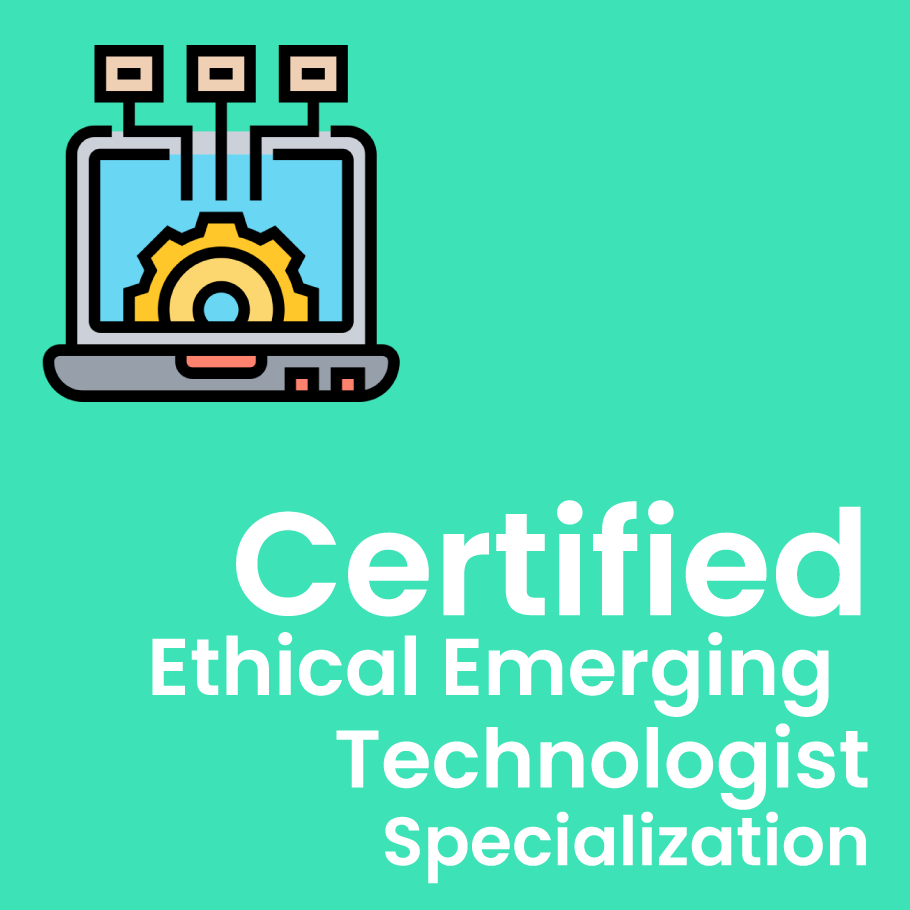The CAIP (Certified Artificial Intelligence Practitioner™) program is a highly sought-after and rapidly expanding training initiative and certification. It is tailored for data professionals who wish to acquire vendor-neutral, cross-industry expertise in Artificial Intelligence (AI) concepts and abilities. This program empowers you to choose, train, and apply Machine Learning solutions effectively.
Outline
Below is the course content, which includes a detailed outline of topics and materials covered in the course. Explore and enhance your knowledge!
Understanding the Artificial Intelligence Problem
- Describe how artificial intelligence and machine learning are used to solve business
(including commercial, government, public interest, and research) problems - Analyze the use cases of ML algorithms to rank them by their success probability
- Research Learning Systems [Identify business case for image recognition; NLP; Speech recognition; Predictive & recommendation systems; Discovery & diagnostic systems; Robotics and autonomous systems]
- Analyze machine learning systems use cases
- Communicate with stakeholders
- Identify potential ethical concerns
Engineering Features for Machine Learning
- Recognize the relative impact of data quality and size to algorithms
- Explain data collection/transformation process in ML workflow (transformations
- include standardization; normalization; log, square-root, and logit transformations)
- Work with textual, numerical, audio, or video data formats
- Transform numerical and categorical data
- Address business risks, ethical concerns, and related concepts in data exploration/feature engineering
Training and Tuning ML Systems and Models
- Design machine and deep learning models [Differentiate types of ML algorithms,differentiate types of DL algorithms, design for pattern recognition in predictive models]
- Optimize the algorithm (e.g., structure, run time, tuning hyperparameters)
- Train, validate, and test data subsets
- Evaluate the model Objective
- Address business risks, ethical concerns, and related concepts in training and tuning
Operationalizing ML Models
- Deploy a model
- Secure a pipeline (includes maintenance)
- Maintain the model postproduction
- Address business risks, ethical concerns, and related concepts in operationalizing the model
Prerequisite
To ensure your success in this course, you should have at least a high-level understanding of fundamental AI concepts, including, but not limited to: machine learning, supervised learning, unsupervised learning, artificial neural networks, computer vision, and natural language processing. You can obtain this level of knowledge by taking the CertNexus AIBIZ (Exam AIZ210) course.
You should also have experience working with databases and a high-level programming language such as Python, Java, or C/C++. You can obtain this level of skills and knowledge by taking the following Logical Operations or comparable course:
- Database Design: A Modern Approach
- Python Programming: Introduction
- Python Programming: Advanced
Methodology
- Batch wise training
- Practical hands-on training with real-time examples

